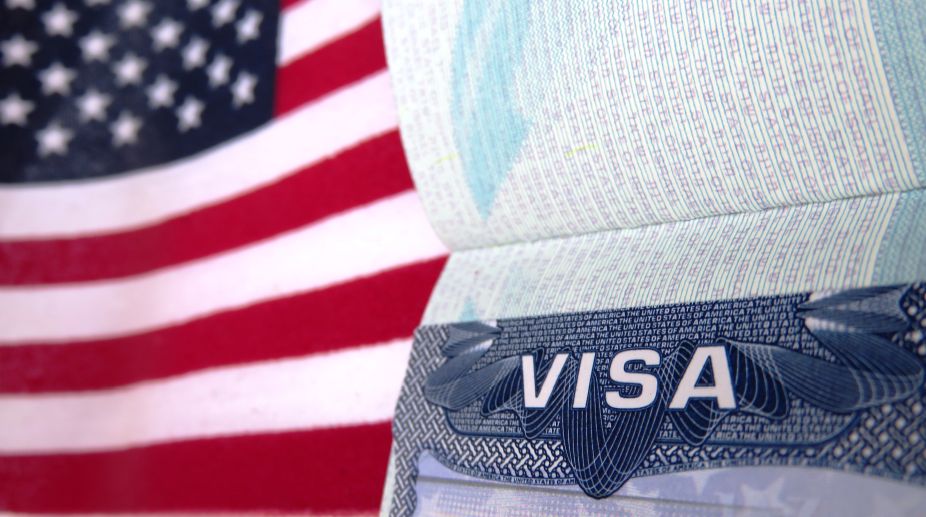Asserting that H-1B visa holders drive innovation and help build and strengthen the American economy, top US lawmakers on Tuesday backed the Trump administration’s decision that it was not considering any proposal which would force such people to leave the country.
“H-1B visa holders, many of whom become small business owners and job creators, drive innovation and help build and strengthen our economy,” said Congresswoman Tulsi Gabbard, the Democratic Co-Chair of the bipartisan Congressional Caucus on India and Indian-Americans.
Advertisement
“The Trump Administration’s decision to back off this counterproductive proposal is a positive step forward,” she said in a statement, a day after the US Citizenship and Immigration Services said it was not considering any proposal that would force H-1B visa holders to head back towards their respective countries.
The announcement came days after reports emerged that the Trump administration was considering tightening H-1B visa rules that could lead to deportation of 7,50,000 Indians.
“While it remains a priority to invest in training and create a pipeline of skilled American workers, we must continue to leverage the talent and expertise of the hundreds of thousands of H-1B visa holders to fill the gaps in our domestic workforce,” Gabbard said.
Last Friday, Gabbard and Congressman Kevin Yoder, member of the bipartisan Congressional Caucus on India and Indian- Americans, sent a letter to President Donald Trump urging him to reject the proposal to deport H-1B holders awaiting permanent residency processing.
Soon after, along with mounting pressure from businesses, and political leaders, the Trump administration reportedly backed off from the counterproductive proposal, the two lawmakers said in a statement.
“I have seen personally how high-skilled immigrants have helped my community and so many others across the country by filling critical labour shortages in specific industries, preventing employers from fleeing overseas to fill them,” Yoder said.
“These are the people who have helped America grow and thrive as a nation of immigrants and we need to make sure our system continues to value those who are following our laws and doing the right thing,” he added.
Every year, the US grants 85,000 H-1B visas to highly skilled applicants, including roughly 70 per cent for Indians, seeking employment and educational opportunities.
According to the National Foundation for American Policy, more than half of privately-held companies worth USD 1 billion or more in the US had at least one immigrant founder, with many entering into America on an H-1B visa, including the CEOs of both Microsoft and Google.
“America has provided me and many hundreds of thousands of folks on H1-B an opportunity to further our careers after education.
“It also taught us that if you are determined and hard working and follow the established process, there are opportunities for everyone,” said Alok Madasani, an H-1B visa holder and survivor of last year’s shooting in Olathe, Kansas.
“There are folks who moved here decades ago and have kids going to school here, the place they call home. Every process can be improved continuously for maximum output and current H-1B process can also be improved but eliminating it on a whole affects much larger audience,” he said.
Madasani said he was “grateful” to the administration for reconsidering the changes to H-1B extensions for persons with pending green card applications.











